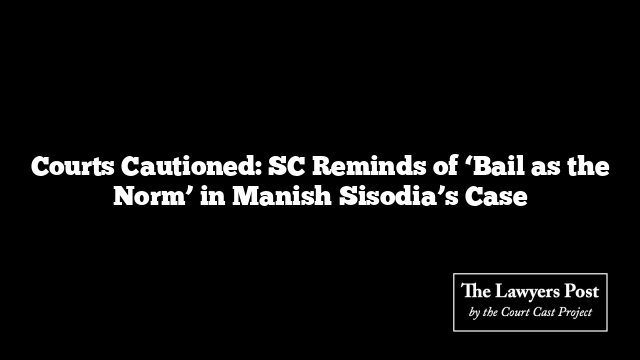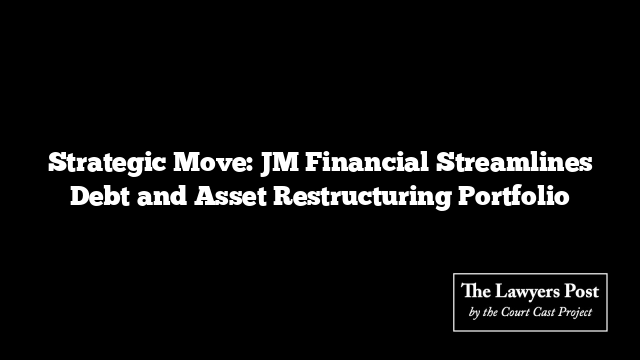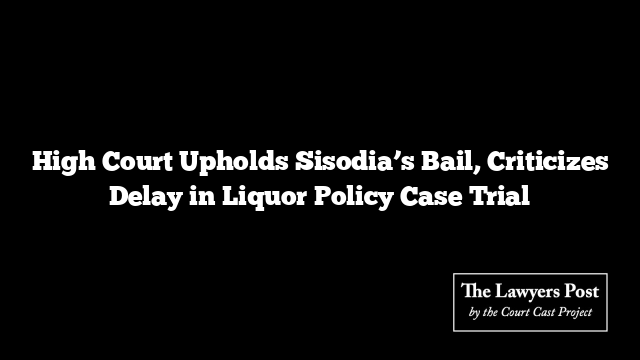In a significant ruling, the Supreme Court granted bail to former Delhi Deputy Chief Minister Manish Sisodia in the liquor policy case, expressing concern that Trial Courts and High Courts are increasingly neglecting the foundational principle that “bail is the rule, jail is the exception.” The bench, comprising Justices BR Gavai and KV Viswanathan, highlighted that lower courts often play it safe, resulting in a backlog of bail petitions at the Supreme Court.
“Trial Courts and High Courts appear hesitant in granting bail, leading to a situation where the principle that bail is the rule and refusal is an exception is frequently ignored,” the bench observed. “This cautious approach has led to a surge in bail petitions, contributing to an already overwhelming pendency. It’s crucial for these courts to reaffirm the notion that bail should be the default and jail the exception.”
In Sisodia’s case, the Court criticized the Trial Court and Delhi High Court for not adhering to this principle. The Court emphasized that pre-trial incarceration should not become a form of punishment, noting that Sisodia had been in custody for 18 months without a trial in sight.
Given the complexities of the case, which involves 493 witnesses and over a lakh pages of digitalized documents, the Court stated that expecting a speedy trial was unrealistic. Sending Sisodia back to the lower courts, as suggested by the Additional Solicitor General, was compared to a game of snakes and ladders, further delaying justice.
The Supreme Court’s ruling serves as a strong reminder to lower courts to uphold the right to liberty, as enshrined in Article 21 of the Constitution.





